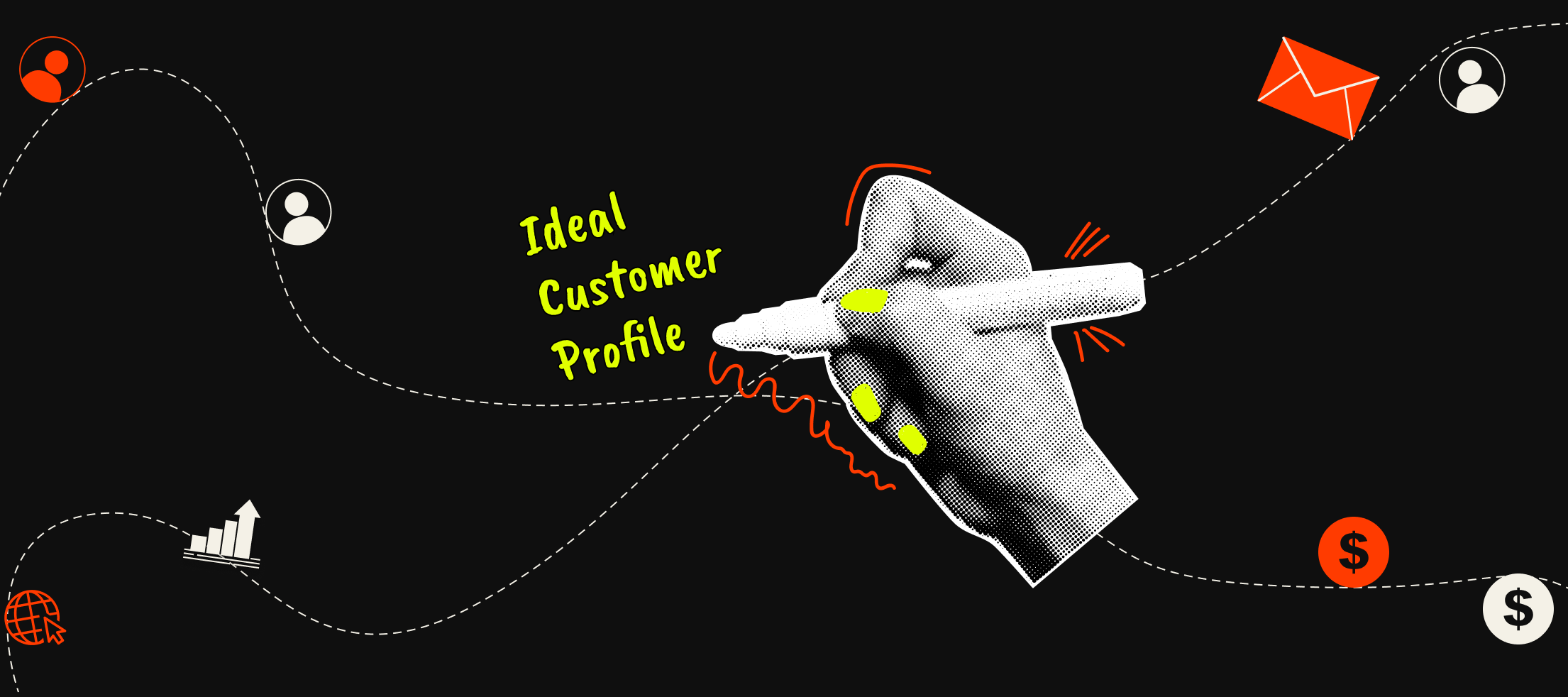7 Marketing Lessons from SaaS Startups That Made it Big
.png)
SaaS marketing strategy deals with selling SaaS products or services in a digital space with a focus on digital channels and content marketing to match the needs of potential customers. This helps them gain a competitive advantage in the marketplace and grow their consumer base. Such companies play a significant role in customer acquisition.
Read on to learn the marketing lessons of SaaS startups that have thrived in the competitive market.
1. Identifying unique product vision
Multiple companies offer the same products to customers, but only those who can make bold and unique offerings, thrive in the competitive market. For example, CRM is essentially a contact database that is useful for salespeople but is often designed by engineers who never interact with the sales reps. They sell the product to management having various requirements.
To resolve this issue, the aim should not be to build the best CRM tool but to empower the representatives to become the best sales team. Marketing efforts need to stand out in the fast-growing market of SaaS products to attract new customers. A new vision would be to approach the CRM from the user’s perspective rather than the management purchasing it. With such a unique strategy, the firms can attract more customers to sign up for the long haul.
2. Understanding the customers
It is essential to develop unique products, and the only way to do it is by understanding the market segment and target audience. When the buyers feel like the product has been curated specifically for their needs, they will indeed purchase it. But today, companies adopt the Red Ocean Strategy, where they focus on selling their products to customers rather than fulfilling their needs.
Marketing lesson plans help firms focus on the Blue Ocean Strategy and adopt dynamic capabilities. Such products will help stand out in the market by creating a powerful identity for the brand.
3. Focus on long-term thinking through the adoption of a business model
Successful firms always have a business model that lets them think on a long-term basis, but generally, this isn’t the case with standard business models. Such business models are inevitably restricted by the traditional methods of their work culture. This eventually leads to the death of firms. Thinking of the long term, marketing class activities should prioritize creating their competition, breaking the value trade-off, and innovation in their products.
4. Connecting with customers on an emotional level
The way a firm is represented is crucial for its survival in a hyper-competitive market. Though facts matter, the products and services offered should target the psyche of the consumers, as human decisions are majorly driven by emotions, which makes it essential to connect with customers on an emotional level. Your product should inspire them and make them believe that their investment is worth it.
Content marketing and word-of-mouth marketing are the best ways to let customers know the product’s unique features. Content Marketing involves using the best Facebook marketing tactics, from specialized Facebook marketing for small businesses to Facebook marketplace and influencers in your marketing plan. Referral marketing is the digital equivalent of word of mouth advertising. It involves getting current customers to recommend your service to their peer group, privately and through emails, or publicly on platforms like LinkedIn.
5. Value being the competing factor, Not the price
Businesses offering products at lower rates to win the competition need to change their business strategy to consistently generate operating income. However, marketing products as something of premium value will attract the right customers who are keen to enjoy the values associated with the product. Adding value to products in a way that puts the customer first is a powerful way to retain niche market segments despite high product prices.
6. Focusing on company identity
All your marketing strategies should focus on fetching attention from the maximum number of target customers. This is never possible just by copying others and following the buzzwords. It is vital to concentrate on good strategy execution. This includes for the managers to have a strategy of executing responsibility in their areas of authority, and all employees being active participants in the strategy execution process. This will help you not not get sidetracked amidst the tough competition.
7. Use case studies to grow social proof
To build trust in a product, show measurable results to current customers who already enjoy the solutions. For B2B firms, case studies offer a unique opportunity to showcase data-driven information through a relatable story. There must be an ongoing SaaS marketing strategy to combat churn and encourage long-term customer retention. Other industries minimize marketing once they’ve hooked a customer, but efforts must be maximized consistently in the SaaS business.
Conclusion
Top SaaS agencies or firms prioritize creating content that continuously relays the brand value to the target customers, so they know which product to go with when purchasing new solutions. Digital marketing campaigns by the marketing team must keep an eye on how impactful the efforts are and if they delivers the expected results. Valuing customer feedback to improve the product and services can result in better outcomes and help the startups succeed.
Aiming at the growth of your startup? Connect with our team of experts at Upthrust for availing of the best services and plan a clear roadmap to success.
.svg)

.svg)
.svg)




.avif)
